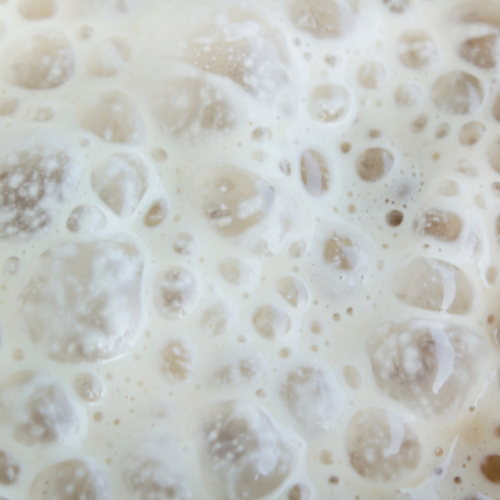The best dietetics courses to study in the UK

There is a wide variety of dietetics courses in the UK that cover different levels of study. From bachelor of science courses to master’s courses, and more, the available dietetics courses in the UK are incredibly varied – especially when it comes to the topics which are being covered.
When applying for courses, you should ensure that your chosen option is approved by the Health and Care Professions Council (HCPC) and that all are accredited by the British Dietetic Association (BDA) to receive the highest quality degree and the most reputable addition to your CV.
Dietetics MSc
There has never been a greater demand for highly qualified, knowledgeable dietitians. As only qualified health professionals can assess, diagnose, and deliver interventions for specialist diet and nutrition-related problems, students studying this dietetics course will be able to contribute to improving the health and well-being of the wider public.
An MSc in dietetics will enable students to obtain the knowledge, essential skills, and the required professional approach needed for practice in healthcare environments and provide solutions to the diet and nutritional problems of today.
During this dietetics course, students will obtain comprehensive knowledge of food science, applied nutrition, clinical pathology and pharmacology, social science, and therapeutic dietetics to become fully-rounded and well-informed dieticians.
The development of these key skills, which also include communication, research, and professionalism, is essential as this will enable students to learn the skills required to become highly compassionate and competent dietetics practitioners.
These skills are also required for any dietician to deliver effective, evidence-based and quality care to clients with various needs in a wide range of settings.
Core modules include:
- The foundations of dietetic practice
- Nutrition, metabolism, pathology and pharmacology
- Food science, food skills, and applied nutrition
- Prevention and intervention in dietetic practice
Dietetics and nutrition MSc
Students studying this dietetics course will be learning the most up-to-date public health and scientific research on food, health, and disease. They will then learn how to translate this critical information into practical guidance which will be used to help people to make appropriate lifestyle and food choices to benefit their lifespan and overall health.
This dietetics course provides teaching and learning in food, nutrition, dietetics and relevant disease aetiology, pathology, and management. This will be taught along with the critical clinical skills required to provide professional advice in a practice, as well as research skills and essential public health information.
Students will obtain the core knowledge and skills to enable them to work in a wide range of healthcare environments, such as public health and health promotion and the management of nutrition-related diseases in primary care.
Core modules include:
- Assessment of nutritional status
- Integrated pathology for dietitians
- Nutrition, food science, and catering
- Public health and epidemiology
Dietetics BSc (Hons)
This dietetics course will introduce students to the most up-to-date scientific research about public health, food, and disease. This will also include practical guidance which will enable students to help members of the public to make healthier lifestyle and food choices for a better quality of life.
This dietetics will enable learners to gain an understanding of the conditions where nutrition plays a significant role in disease management. Students will develop this knowledge to provide quality nutrition and dietetic care for a diverse range of individuals, populations, and groups who are susceptible to long-term health conditions.
Core modules include:
- Anatomy and physiology
- Biochemistry
- Cell biology
- Essentials of human nutrition
- Health, society, and behaviour
- Management of disease
- Food science
- Macro and micronutrients
- Metabolic biochemistry
- Systems pathology
- Management of health and social care
Nutrition and dietetics BSc (Hons)
Through this dietetics course, learners will develop the relevant knowledge and skills required to become a practising dietitian or nutritionist. As well as an introduction to the most current knowledge on public health and the latest scientific research into food, health, and disease, students will gain a further understanding of the role of certain conditions wherein nutrition plays a significant role in the management of diseases.
Learners will also develop the necessary practical skills needed to provide dietetic care for a diverse range of people, groups, and populations who could be at risk of developing longer-term health conditions. This will primarily be in NHS organisations near the chosen place of study, and the student’s performance will be assessed as part of their final mark.
Core modules include:
- Anatomy and physiology
- Applied health psychology
- Biochemistry
- Cell biology
- Essentials of human nutrition
- Health, society, and behaviour
- Food science
- Public health nutrition
- Macro and micronutrients
- Clinical dietetics
- Nutrition through the lifecycle
- Systems pathology
- Techniques in dietetic and nutrition research





